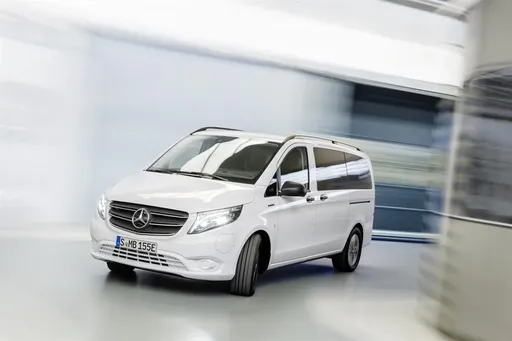Mercedes Vito Bus vs. Maxus Deliver 7: A Comprehensive Comparison
When it comes to the burgeoning market for utility vehicles that combine versatility with power, the Mercedes Vito Bus and the Maxus Deliver 7 stand out as formidable contenders. Each vehicle brings unique strengths and innovations to the table, offering potential buyers distinct options for their business or personal travel needs. Let's dive into the technical aspects and innovations of each model to find out which might better suit your needs.


